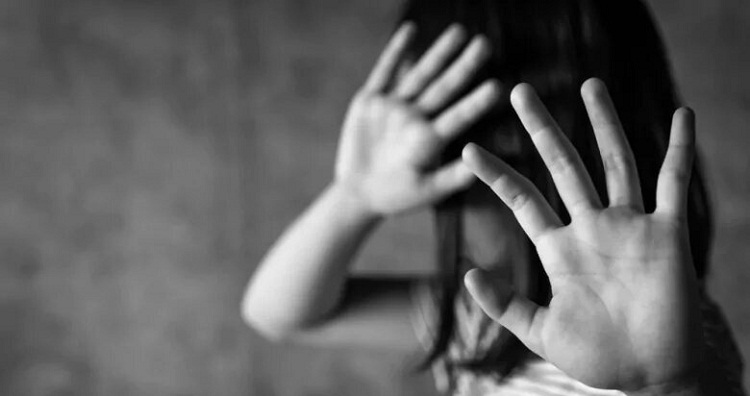Who is an adolescent? So according to Wikipedia, Adolescence is a transitional stage of physical and psychological development that generally occurs during the period from puberty to adulthood. Adolescence is usually associated with the teenage years, but its physical, psychological or cultural expressions may begin earlier or end later. Which brings us to another question, are you an early or a late bloomer? Some of us got into this whole adolescent thing ready, prepared and confident, while others couldn’t figure it all out till latter.
That age between 10-17 was a roller coaster of emotions, knowing, confusion and growing. Personally, I think the number one health challenge for me was insecurities, always thinking if I will ever measure up, if my nose and cheek bones align, if my eyes were too big and if my legs were the perfect straight legs. Depression is a condition for adolescents, there is another one, the need to be understood, there were lonely feelings. In a world of how many billion people, I felt I was going through something no one has ever faced, and that was the biggest adolescent lie.
According to WHO, there is a list of adolescent and young adult health conditions which include:
- Injuries
- Violence
- Mental health
- Alcohol and Drug use
- HIV/AID
- STDs
- Early pregnancy/Childbirth
- Nutritional deficiencies
- Undernutrition/Obesity
Today the focus is on depression. Breaking the silence, understanding and combating depression in adolescents and adults. Depression is a silent epidemic, affecting millions of individuals worldwide, and it knows no age limits. Adolescents and adults alike grapple with its heavy burden. Today’s, we shed light on the profound impact of depression and the urgent need for emotional check-ins to battle this pervasive health challenge.
Depression isn’t just feeling “a bit sad.” It’s a complex and debilitating mental health condition that can rob individuals of their joy, motivation, and zest for life. It affects sleep, appetite, and the ability to concentrate. According to the World Health Organization, depression is the leading cause of disability worldwide. Among adolescents, it’s estimated that 20% experience mental health challenges, including depression. Suicide is the second leading cause of death among 15-29-year-olds. Regular emotional check-ins with yourself and your loved ones are vital. They can help identify early signs of depression and provide an opportunity for intervention and support.
Action Plan: Advocate for mental health awareness and education in schools and communities.
Encourage open conversations about mental health with friends, family, and peers.
Support organizations working tirelessly to raise awareness and provide resources for those in need.
Depression doesn’t discriminate. It affects both adolescents and adults, but together, we can create a world where mental health is prioritized, stigma is erased, and support is readily available. Regular emotional check-ins, honest conversations, and spreading awareness are our tools to combat this pressing issue.
Let’s be the change-makers. Share this message, start conversations, and make emotional well-being a top priority.











